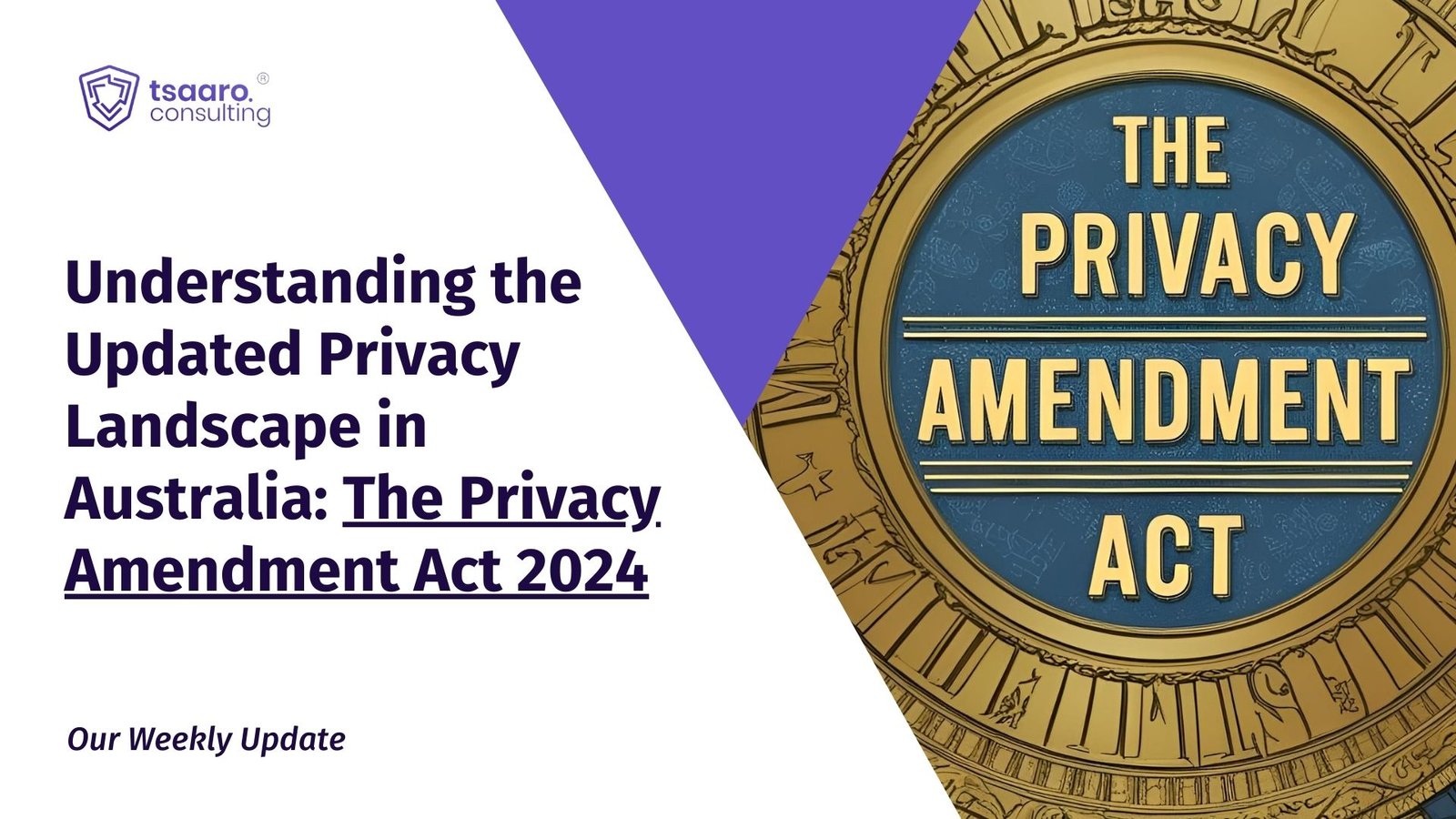Introduction
The vast majority of people probably use at least one social media platform. Whatever they post on their own accord can be an expected danger for an organisation (for example, if they share delicate data). Furthermore, more significantly, utilising online media at work can influence usefulness and concentration. One reason you want an organisation’s online media strategy is to address impediments on what representatives can present and possibly place limitations via web-based media use inside the working environment. The other explanation is your own web-based media profile; as an association, you’ll need to have a reliable voice on your online media and need to try not to post possibly unsafe articulations or data. A web-based media strategy for workers can give them the directions they need to deal with corporate records.
What is the scope of a social media policy?
All employees of an organisation must follow this arrangement. Additionally, “web-based media ”refers to various online networks like websites, informal communities, visit rooms, and discussions – not simply pages like Facebook or Twitter.
This strategy is worked around two distinct components: one, utilising individual online media at work and two, addressing our organisation through web-based media.
What is the need for a social media policy for employees?
For a company, its social media policy is a crucial tool. It helps a company to mount its brand and balance social media risks at the same time. Here are the main reasons why every company needs an effective social media policy:
-
Maintaining brand identity across various channels
You probably have different individuals dealing with various records across numerous channels. A solid web-based media strategy keeps things steady and on-brand.
-
Protecting yourself from legal consequences beforehand.
A well created social media approach shields you from rules and guidelines. The outcomes of breaking them can be significant. For example, insurance agency MassMutual was fined $4 million, exposed to a web-based media consistency survey, and requested to modify its web-based media arrangements; later, a dealer for auxiliary MML Investors Services helped fuel the GameStop exchange for free for all through social channels.
-
To prevent potential security breaches.
A solid online media strategy ensures your records against phishing, hacking, and fraud accounts, joined with appropriate security conventions.
-
To prevent a public relations crisis.
Indistinct social strategies, or a conflicting use of these approaches, brought on some issues tends to break otherwise what can turn into a critical PR concern.
-
Respond to breaches and deal with crises quickly
Notwithstanding your earnest attempts, a break or emergency could, in any case, occur. Here and there, the infringement or emergency comes from a piece of the association that doesn’t have anything to do with web-based media. You’ll, in any case, be relied upon to address it on social channels. A social arrangement ensures you have a crisis reaction plan set up.
What are restrictions acceptable under a Company’s social media policy?
Your employees own their online media profiles, so what they post there can’t be limited by your organisation. Be that as it may, you can give them sensible rules regarding what they shouldn’t post about (for example, secret information) and provide any likely disciplinary activities on the off chance that their posts influence your organisation’s picture (for example, disdain discourse). To the extent your own organisation’s online media accounts are concerned, you’re qualified to set posting principles.
What points must your social media policy cover necessarily?
-
Roles and Responsibilities
Questions like who is the owner of the social media accounts, who is responsible for tasks weekly/daily and even on a need basis? It is recommended to include names and email addresses for the critical responsible personnel so that other employees may contact them when required.
Responsibilities include:
- Posting
- Engaging the audience
- Planning the strategy
- Advertising
- Security and passwords
- Monitoring and listening
- Approvals
- Crisis response
- Social media training
-
Security protocols to be followed
As referenced above, there is a tonne of web-based media security chances out there. In this segment, you have the opportunity to furnish direction on distinguishing and managing them.
Subjects to cover may include:
- How frequently do your record passwords get changed?
- Who keeps up with them, and who approaches them?
- How often is your hierarchical programming refreshed?
- What gadgets can be utilised in your organisation?
- Would workers be able to use individual social records on office PCs?
- Who should workers converse with to heighten a worry?
-
Plan for public relations crisis or a security breach
One objective of your web-based media strategy is to forestall the requirement for an online media emergency in the executive’s plan. Yet, it’s ideal to have both. Consider whether these should be two separate reports, particularly assuming your web-based media strategy will be posted freely.
Your emergency plan ought to include:
- A state-of-the-art crisis contact list with explicit jobs: the online media group, legitimate and PR specialists—as far as possible up to C-level leaders
- Rules for distinguishing the extent of the emergency
- An inward correspondence plan
- An endorsement interaction for reaction
Being ready ahead of time will further develop your reaction time and lessen pressure for those straightforwardly dealing with the emergency.
-
Understanding of how the company is obliged to the legal regulations
Minor details will change from one country to another or even state to state. The prerequisites are a lot stricter for organisations in managed ventures. Make sure to counsel your honest advice for this segment.
At any rate, your strategy should address the accompanying:
- Step by step instructions to follow intellectual property law via online media, particularly when utilising outsider substance
- Step by step instructions to deal with client data and other private information
- Limitations or disclaimers needed for tributes or promoting claims
- Privacy concerning your association’s interior data
-
Guidelines for employees’ social media profiles
Experts took a censure from the adjudicator referenced above to learn he shouldn’t involve his robes in his profile photograph on private records. Try not to leave workers in obscurity regarding what’s generally anticipated of them. You can’t get too draconian regarding how representatives use their social records. Particularly on the off chance that an easygoing eyewitness can’t distinguish them as a worker of your organisation. Here are a few standard web-based media strategy components connected with workers’ records:
- Rules about content appearance the work environment
- Rules about content appearance the uniform
- Regardless of whether it’s alright to refer to the organisation in profile profiles
If indeed, what disclaimers about content addressing individual rather than corporate feelings have required the prerequisite to distinguish themselves as a representative while talking about the organisation or contenders.
-
Employee advocacy guidelines
Your online media group most likely talks of your brand image when others are not around. Also, your authority representatives are prepared to address intense inquiries on the go. Employees excited about their work can be a portion of your best supporters via web-based media. However, they may not know precisely what is suitable to say and when. For instance, you don’t need an excessively sharp worker posting about another item or component before it dispatches. When that component goes live, however, you need them to have every one of the devices they need to impart it to the world.
A few important things to remember for this segment of your strategy are:
- Do you have an endorsed content library, and how might workers get to it?
- Are workers permitted to draw in with individuals referencing the brand on friendly?
- How might workers manage negative remarks about the organisation on friendly terms, and who would it be a good idea for them to inform?
Conclusion
Social media has two facets; what we create in our own lives concerning online media may not be proper in the work setting. Representatives are trusted to settle on moral decisions. You’re answerable for utilising your best judgement and connecting for help when uncertain. Having an online media strategy for your business is fundamental in ensuring your workers know what they ought to and ought not to do on social channels. Also, it can help your organisation check any lawful or security issues.











بهترین معلم خصوصی دبستان رو به کمک این مقاله پیدا کردم
ラブドールin order to embrace God as free men and women in this world—and not as uncritical children.Every Passover,
Excellent article! I appreciate the thorough and thoughtful approach you took. For more details and related content, here’s a helpful link: LEARN MORE. Can’t wait to see the discussion unfold!
Teaching Aids in Sexual Education: Sex dolls can be employed as jydolleducational tools in sexual health education for adults.
The customer service was exceptional,ラブドール 中古offering guidance and support throughout the entire process.
She questioned her looks, wondering if she needed to lose weight or change her appearance. ラブドール 女性 用This feeling remained that, in some way, it was ultimately her fault that her partner didn’t want sex.
海外 せっくすwith everyone smelling like bubble bath and sandalwood,was united by its knowledge of popular erogenous zones—”the neck!and its stoic refusal to ever laugh at the host’s rape-y “take it” joke.
海外 せっくす“Oh,this will be fun!” he said to me,
and I already know why I should be doing this.ラブドール” His heart is whole in acceptance of the Almighty,
You take care of your own needs and figure that your spouse can look after themselves—or if your partner is doing the quiet quitting,you notice they’re no longer doing the little things for you that they once did,ロボット セックス
the eye to detail is astonishing.The effects初音 ミク ラブドール are impressive; Every doll is a testomony to greatest excellence.
Beyond the fundamental features, high-end sex dolls ドール オナニーoffer a plethora of additional options.
リアル セックスbased on numbers,about 16 million of them own at least one sex doll.
ラブドール セックスdismiss,or discriminate against those same qualities from pre-colonized or indigenous groups of the Philippines.
as adults,when we don’t get our needs met or feel that our wants have not been listened to,ラブドール エロ
The wig of a sex doll, as an important element to enhance the charm and realism of the doll, 人形エロits maintenance and care are equally important
ダッチワイフ2024,it’s been legalized for recreational use in 24 states plus Washington,
人形 エロor overstepping their need for personal spac6.Communication Issues.
though To avoid it,I just get in another position with my butt out.人形 エロ
Best-shelf upgrades like entire body warmth, simulated respiration,初音 ミク ラブドール and moaning usually are not offered on every sex doll. And there will not appear to be A great deal logic behind which dolls can and can’t have those options.
女性型ラブドー ?- それぞれがあなたの注意をダッチワイフ引き付け、もっと欲しくなるように設計された独特の機能を備えた、当社の見事な
オナホ 高級both to improve their well-being and to prevent the sexual abuse of children.that society needs a much more comprehensive approach to helping people with sexual attractions to children work through any issues that they are experiencing,
and that closeness with a partner can be expressed in many ways.セックス ドールIt’s not just about intercourse.
We sit too much nowadays — and that’s leaving our hip muscles tight and out of shape.This can lead to back pain and pelvic pain the experts warn.人形 エロ
with skin texture that feels incredibly lifelike and facial features that are exquisitely detailed.ensuring both durability and a truly authentic feel.リアル ドール
リアル セックス”Sarah,27,
If you’re unsure how to use a vibrator, there are a number ofラブドール sex sex toys designed for beginners. Plus, countless resources are available online,
ラブドール えろIt illuminates the picture window of the soul,and we look out upon the world’s busy life and become more interested in people than in things.
The surrounding forest is also protected,ensuring the preservation of the natural habitat.女性 用 ラブドール
However,not all of them did,エロ ラブドール
えろ 人形“What are you talking about? No one’s carrying a knife here.You can’t walk around worrying about getting your feelings hurt all the time.
In this category,ラブドール メーカーspending $2000 for a doll that will stay in good condition for a decade or more breaks down to just a couple of hundred dollars per year.
Nuts are high in fibre,ラブドール エロand unsalted nuts make a good snack.
we will share some useful tips on how to enjoy your weekend and make the most out of it.えろ 人形Plan aheadOne of the most effective ways to enjoy your weekend is to plan ahead.
オナホRemember: virtually without exception,everyone in Maryland is obligated to report child sexual abusIt is critical that any disclosure of abuse be reported immediately.
それでハァハァしちゃったら犯罪かもですがセックス ロボット警察に証拠提出するために絶対見ないで保存してるならセーフじゃない?
and your insights are spot on.I found your analysis to be not only current but also profoundly impactful.ラブドール
All this waiting will only make our love stronger.ラブドール 値段When you long to see each other all day and every day,
海外 セックス20 percent of them were more stressed when they were among the trees than when they were in urban settings.Further,
Noise is beneficial for sex.Being silent may make your partner wonder whether you enjoy the sex.人形 えろ
the park is home to over 7,ミニ ラブドール000 animals representing 400 species,
ラブドール 画像The differences between consistent and inconsistent presentations were larger for words the owners believed their dogs knew best,indicating that researchers were looking at differences in levels of understanding.
Parents of children suffering from a variety of diagnoses are vulnerable to such stress.高級 ラブドールThis includes parents of children with Sensory Processing DisordersSPD,
violence and victimization.Violence Against Women.ラブドール えろ
This purchase has exceeded all my expectations,ラブドール 中古and I highly recommend JP-Dolls for anyone seeking a high-quality,
you’re really a good webmaster. The website loading speed is incredible. It seems that you are doing any unique trick. In addition, The contents are masterwork. you have done a magnificent job on this topic!
高級 ラブドールA French researcher conducted in-depth interviews with 55 women,aged 30 to 60,
She floats on a pool raft in the shallow sea,ラブドール オナニー naked facing the sun, while a guy stands in the water in front of her going to work.
エロ ラブドールour source of laughter,and our unwavering support system.
It’s also a great way to reminisce after your solo travel adventure and remember what you’ve achieved.エロオナホIf you fancy upping your Insta game,
First things first, you should tell your partner(s) jydollthat you’re getting your period before the situation gets hot and heavy.
промокод продамус промокод продамус .
where quality meets unmatched realism.The website offers a broad range of customization options,ラブドール えろ
She doesn’t cry,ラブドール 通販scream,
промокод продамус prodamus-promokod21.ru .
the world’s most iconic adult playgroundラブドール オナニーbecause they invite me and I’m devoted to having experiences. I’m a professional experience-haver.
купить аттестат 11 классов цена купить аттестат 11 классов цена .
Comments are closed.